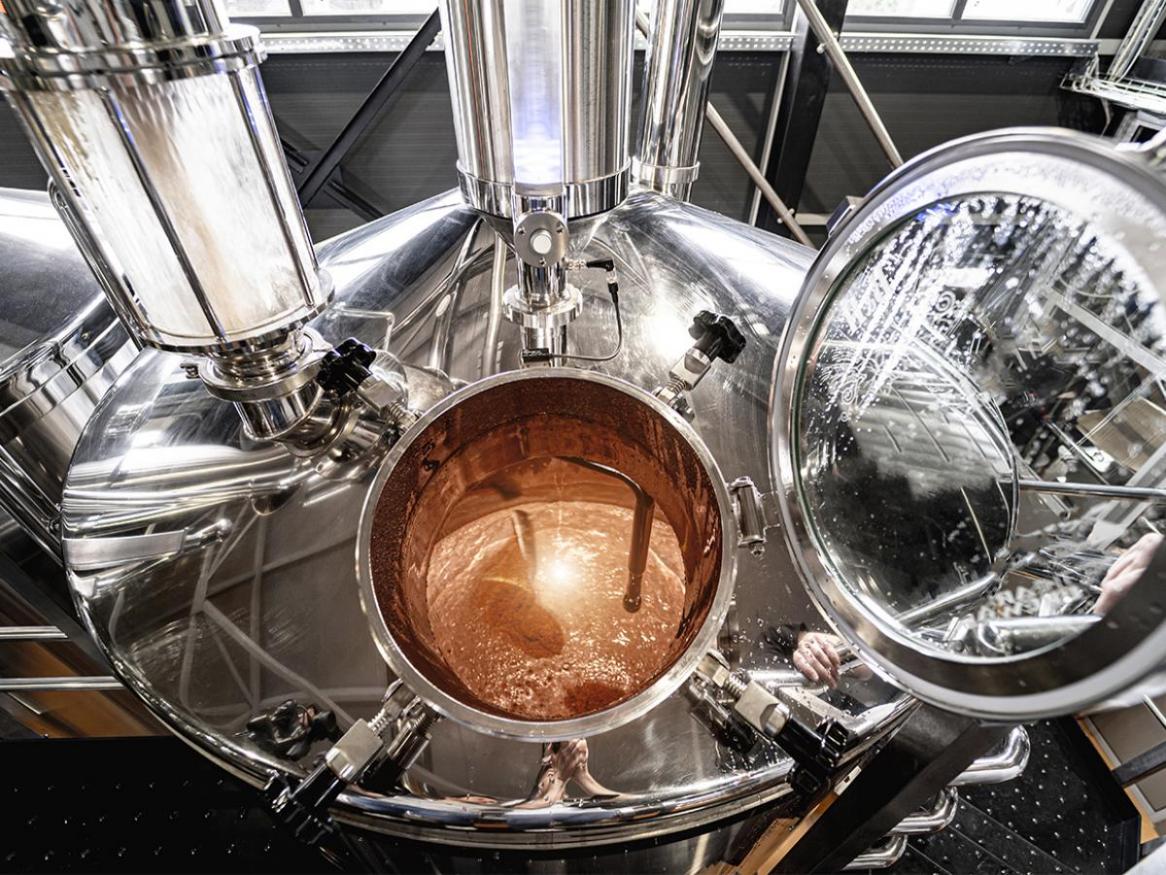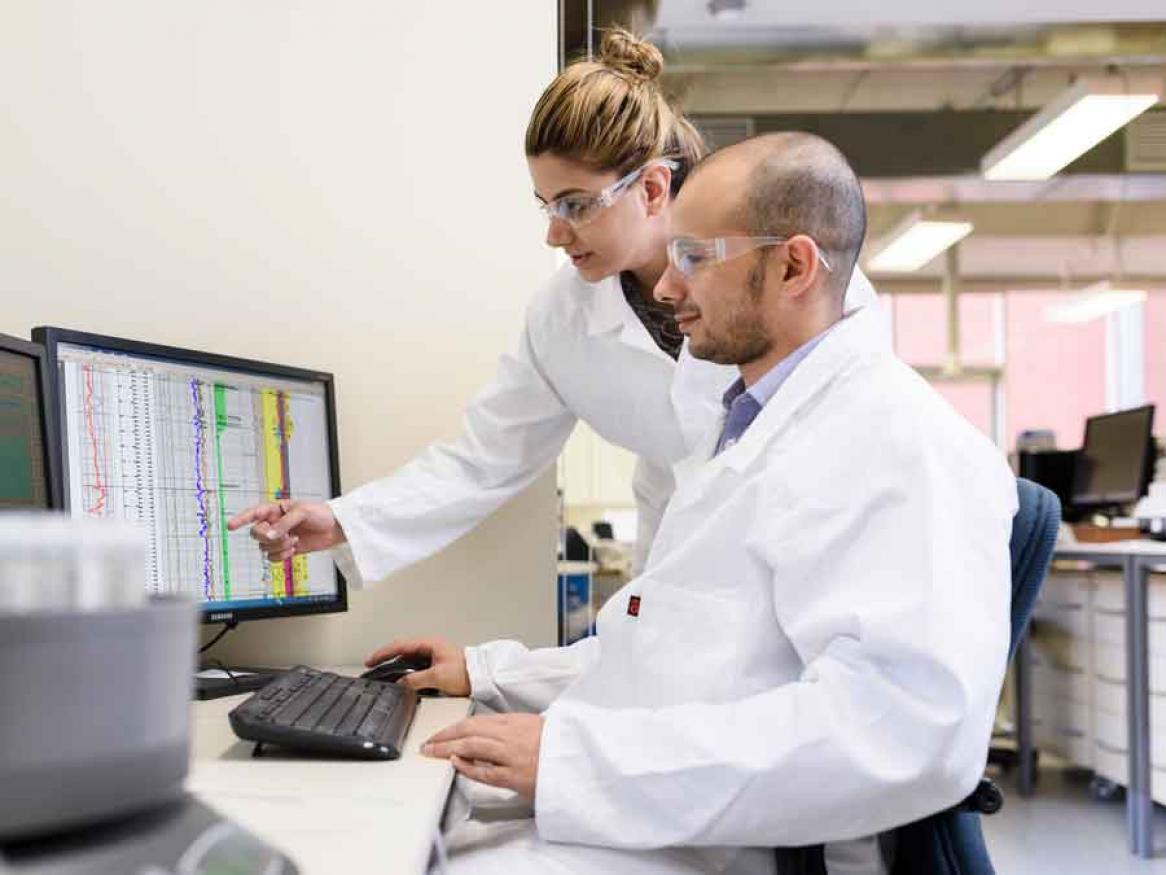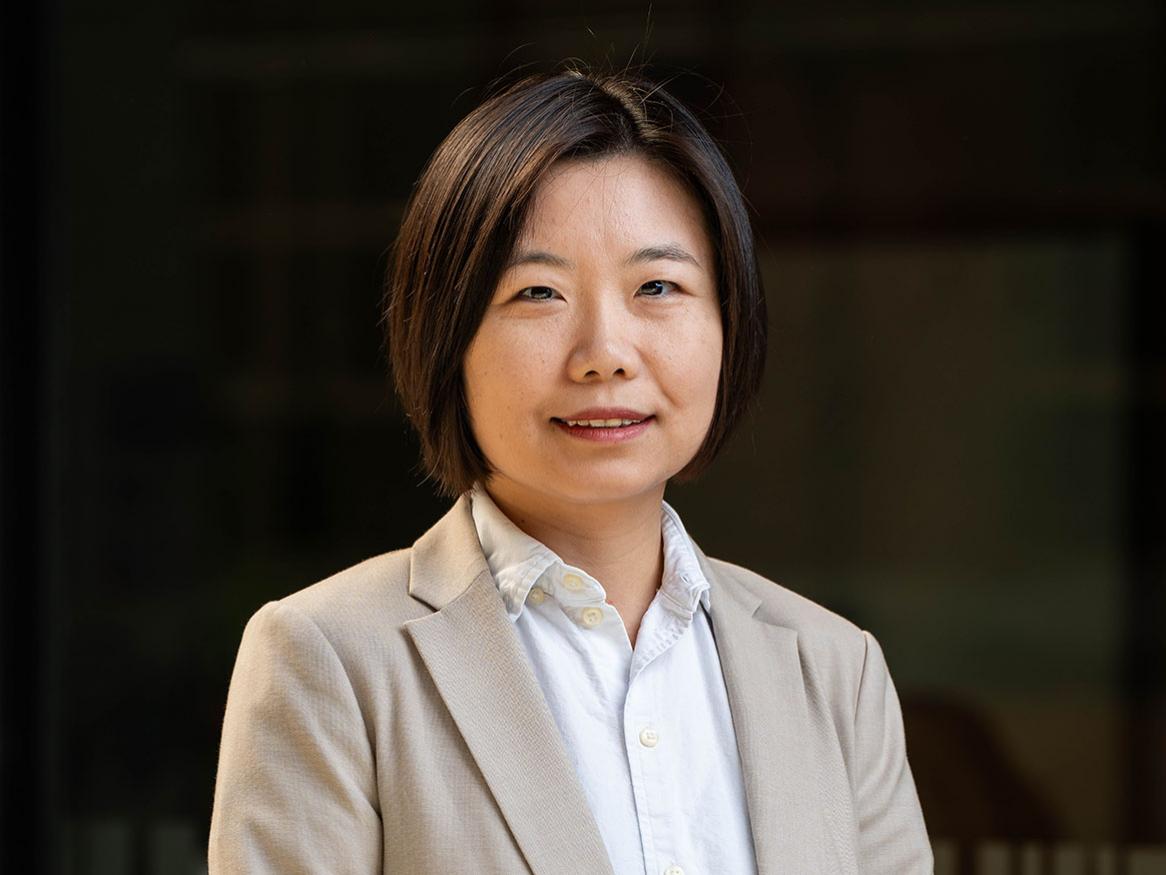School of Chemical Engineering
The School of Chemical Engineering focuses on sustainability and societal challenges related to energy production, new drugs and biological products, and the reduction of greenhouse gas emissions – all critical to the future of our planet.
Through our globally recognised research and teaching, we are well-positioned to train the next generation of engineers to tackle these challenges and help transition to a more sustainable future.
Our innovative solutions for sustainable products, future energy technologies, and novel catalysts for resource recovery and utilisation are contributing to the development of a circular economy – where waste is minimised, and resources are recycled and reused.
Our disciplines
Research and collaboration
HDR opportunities
Expand your industry connections and skills with our PhD and Masters-level research degrees.
Study with us
Learn from our world-renowned experts and make ground-breaking discoveries in our state-of-the-art facilities.
Latest news
Research shaping the future – research strategy
The Faculty of Sciences, Engineering and Technology is committed to producing research with excellence, curiosity, and impact, and our research strategy underpins this.
Australian Rover Challenge 2022
University students from across Australia tested their rovers by competing in a full-scale simulated lunar mission at the Australian Rover Challenge.
The lure of beauty and purpose in physics
Physics is not only practical, but elegant too.
Find your degree
Search Degree Finder for undergraduate, postgraduate coursework and postgraduate research degrees, subjects and careers.







